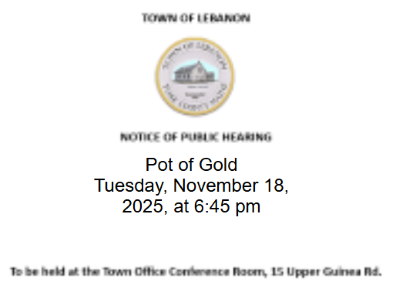
ROCHESTER - Paige Raymond began drinking when she was just 15 with vodka her drink of choice.
"My parents were getting a divorce, and I was suffering from mental health issues. I was really depressed," said Raymond, now 17.
Diminutive and perky, with a quick smile and an air of confidence, Raymond matter-of-factly recounts her downward spiral as she self-medicated her depression slowly increasing the volume of alcohol she consumed.
"When I got my license my access to alcohol became greater," she said. "One night I decided I could drink and drive and went to my grandparents' house to get alcohol and ended up in a drunk driving accident. Luckily I didn't' hurt anybody. I hit a tree, but my car was totaled."
 |
| Peer leader Paige Roberts of Dover listens as a member of the group talks about their experiences over the past several days during a group meeting on Thursday. |
That was Oct 17, 2016, and Raymond hasn't had a drink since.
And while she may have stopped drinking, she hasn't stopped talking about her spiral into addiction and reckless behavior that could've ended with tragic consequence.
At a table inside the Rochester Community Recovery Center on North Main Street, Raymond spends four nights a week every week talking to teenagers like her about the pitfalls of addiction from alcohol and drug abuse.
Bob Faghan, a 20-year clinician, runs the Intensive Outpatient program (IOP), which uses mental health specialists, mentors and peer counselors like Raymond to nip teen addiction in the bud before it blossoms into a full-scale real life disaster.
Raymond, one of several paid peer counselors, is one of the keys to the program's success, Faghan said on Thursday.
"When a new kid comes in they are, at the least, very guarded," he said. "Some kids think they don't have a problem and don't need treatment, and others, even ones who say they've got problem, are suspicious. They're uncomfortable telling us everything about them. That's where peer leaders really come in handy, someone their own age they can talk to."
The IOP, thought to be the only one of its type in the state that uses paid peer counselors, is for teenagers 13-18. The youngest paid peer leader is just 15.
Raymond says she often tells newcomers to the group her story as a way to show them how dangerous addiction can be, and how it can ruin your life in a single moment.
"So a lot of times I tell my story and give them my rock bottom," she said, adding, "and I usually cry.
"This was absolutely the worst part of my life," I say. "You don't want to be where I was. I could have hurt, killed someone. I could have killed someone who had kids, because of my recklessness."
Luckily for her, Raymond ran into a tree instead of a pedestrian or another car. Her car was totaled and she got a DWI, but she was unhurt.
Faghan said the youngsters get introduced into the group in a variety of ways. Some are placed through juvenile probation, some are school referrals and many are brought in by their parents or come on their own.
He said the addictions run the gamut from alcohol to various drugs, but that the teens, who come from all over the state's southern tier, find a commonality in their battle with addiction and soon begin to enjoy their recovery amid the camaraderie of their peers.
Faghan said the success of the program speaks for itself. Of all those introduced to the four-week IOP, 78 percent complete the program.
And of all the kids who go on to be mentors, 100 percent have stayed sober more than a year.
Once they become a mentor and begin working with other kids, Faghan said they can go on to become peer leaders.
He said the mentorship takes about three to six months, after which a schoolwork component is included. If their grades over time show their attention to studies is adequate, only then can they become paid peer leaders.
For Faghan, who has been a clinician for almost 20 years, this program has been the most rewarding of his career.
Interestingly, Raymond, who's been a peer leader for about a year, says much the same.
"If I didn't' make a difference in my job every day, I wouldn't be satisfied," she said. "Having this job has really changed my life. It humbles me. Coming in here and hearing people's stories. It makes me feel normal. I love that."
Raymond, who grew up in Wells, Maine, but now lives in Dover, said she wants to get a bachelor's in social work and become a full-time counselor.
"People ask me what I do and I love telling them I'm a professional counselor," she giggles, a typical 17-year-old. "I get so many different reactions."











